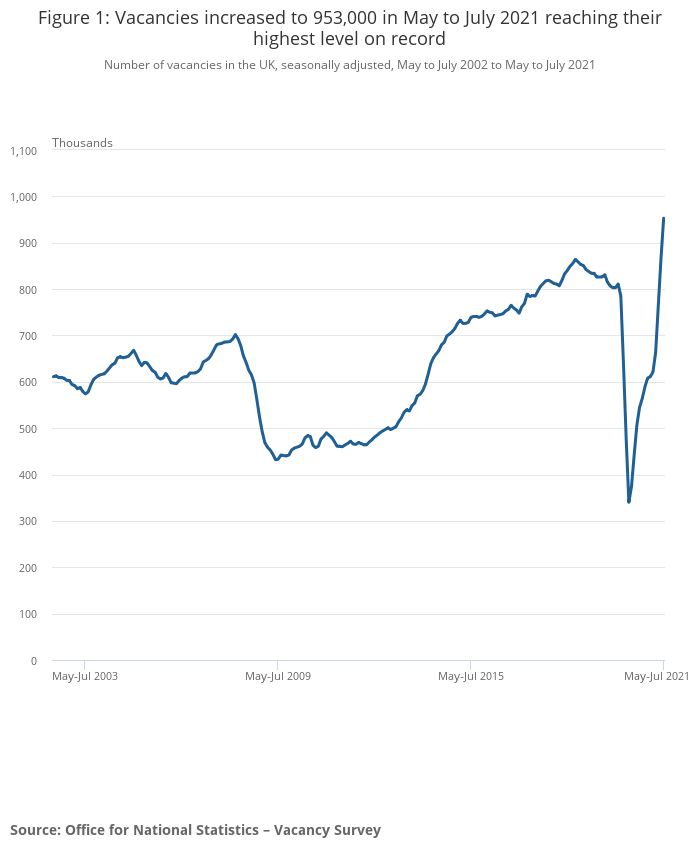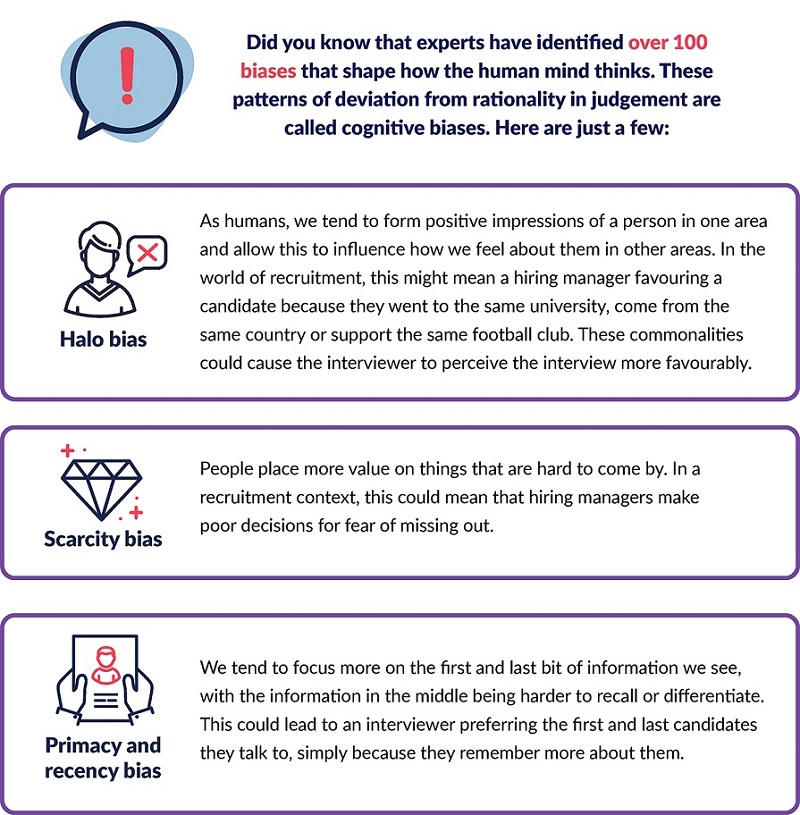
The race for talent has hit a new all-time high in the UK, according to new research by the ONS. From May to July 2021, the estimated number of vacancies soared to its highest peak since records began in 2001.

This means the competition for talent is fiercer than ever, placing hiring managers under immense pressure to secure top talent within compressed timelines as companies look to restructure following the Covid crisis.
Hiring has never been easy, but our Spotlight on Recruitment Research Report yielded alarming results, indicating that recruitment processes are collapsing under the pressure. According to our findings, a stunning 57% of new recruits are not working out in some capacity, according to the recruitment professionals who made the hire.
We spoke to hundreds of HR and talent leaders across sectors to ascertain how recruitment processes shifted because of the pandemic. Our unsettling discovery was that recruitment is broken, with trust in recruitment processes severely impeded by poor-quality hires. Just 1% of hiring professionals say they do not believe recruitment processes need to improve.
Recruitment success is mission-critical for companies looking to build workforces who can lead them into the future and take advantage of new economic opportunities. But with 3.2 vacancies for every 100 employee jobs (ONS), distinguishing between candidates quickly is vital but challenging, especially when recruitment processes are hybrid or remote.
Our research found that 87% of hiring managers say candidate differentiation is their number one challenge, whilst improving hire quality is their top priority over the next year. As recruitment activity accelerates to unprecedented levels, hiring managers need tools to ground their decisions in objective data and ensure that they secure the top talent they need to rebuild post-crisis.
Wider talent pools, dispersed teams and increased remote working have all added complexity to candidate selection. Under duress, it is human nature to revert to type and hire candidates in your own image. But a lack of diversity puts your organisation at risk of reduced innovation and financial performance (McKinsey, 2017), at a time when these are imperatives for business success.

Personality and psychological profiling can provide a more objective assessment of a candidate’s likely in-role performance than CVs and even interview performance. By assessing a candidate’s fluid intelligence for example, hiring managers can determine how quickly individuals will take possession of their new role, as well as their potential as leaders.
Behavioural assessments can also provide vital insights into how a candidate will behave in a remote or hybrid team, how best to onboard them, and how they are best managed and communicated with to maximise performance. With successful recruitment a prerequisite for business success, investing in these insights provides scientific verification of these crucial decisions.
In an otherwise uncertain time, personality remains a comparatively constant predictor of success in-role. For businesses undergoing restructuring and organisational change, insights into the personality, behaviour, emotional intelligence and fluid intelligence of your workforce can be invaluable.
As the race for talent springs out of the blocks post-lockdown, psychometric assessments can be the difference between the bad hires that 57% of recruitment managers are making, and business success.
For more insights into fixing broken recruitment, download the full research report, Spotlight on Recruitment 2021: Mind the Trust Gap.




